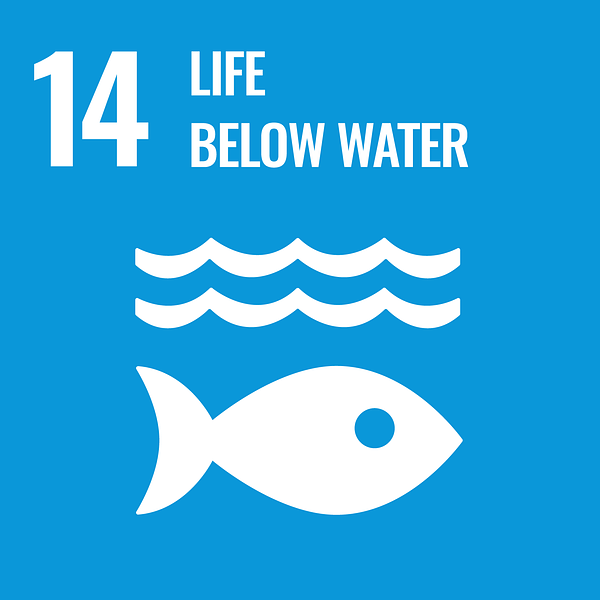
Legal and policy framework
In the 1940s nature conservation made it into the statute books with the National Parks and Access to the Countryside Act (1949) which put in place the foundations for the National Parks we value today.
The Wildlife and Countryside Act (1981) (WCA) became the primary legislation in the UK setting out how animals, plants and habitats should be protected as well as placing controls on the release of non-native species. The WCA applies to both terrestrial and inshore waters which are within 12 nautical miles and during devolution it has been updated and translated in Scotland both through the Wildlife and Natural Environment (Scotland) Act (2011) and the Nature Conservation (Scotland) Act (2004).
The Nature Conservation (Scotland) Act sets out a range of steps including a biodiversity duty on public bodies, powers to identify and create sites of Special Scientific Interest (SSSIs) and to enter into management agreements to improve the quality of nature on land, or to restrict certain activities which may be damaging. This legislation led to the creation of the Scottish Marine Wildlife Watching Code Scottish Marine Wildlife Watching Code which is intended to provide best practice advice and guidance on marine wildlife watching and to help minimise disturbance.
Over time policy and legislation has been developed to help protect, manage and restore nature. Today Scotland’s conservation framework is guided by policy and legislation developed at an international and European Union level. Some of the most significant pieces of legislation for the protection and management of the marine and coastal environment are highlighted below.
- Ramsar Convention on the Conservation of Wetlands (1975) which promotes the conservation and wise use of all wetlands.
- EC Birds Directive (1979) which provides comprehensive protection to all wild bird species naturally occurring in the Union. Special Protection Areas (SPAs) for birds, stem from this Directive and are one of the main pillars of protected sites that we have.
- EC Habitats Directive (1992) which promotes the conservation of natural habitats, wild plants and animals. Special Areas of Conservation (SACs) are the protected site designation under the Habitats Directive and together with the SPAs they form what is known as the Natura 2000 network.
- Convention on Biological Diversity (1992) is dedicated to promoting sustainable development and recognises the importance of people.
- EU Marine Strategy Framework Directive (2008) (MSFD) which was put in place to protect the marine ecosystem and nature. The Directive sets indicators that can be used to measure the quality of the marine environment.
- EU Regulation on Invasive Alien Species (2015) which brought in a range of measures to prevent the introduction of invasive alien species, to promote systems for early detection and actions to manage them to prevent them spreading and causing harm.
UNITED NATIONS - HIGH SEAS TREATY AGREEMENT
Over two-thirds of the world's oceans, known as the High Seas, are not governed by any one nation and they have consequently lacked protection from damaging activities including over fishing, geoengineering and climate change. In a historic moment in March 2023, after 20 years of negotiations, an agreement was reached at the Intergovernmental Conference on Marine Biodiversity of Areas Beyond National Jurisdiction to a new "High Seas Treaty".
Whilst the Treaty still needs to be ratified by 60 countries to take effect, this still signals a signficant step towards being able to deliver on the UN Sustainable Development goals for the ocean; especially by being able to establish marine protected areas, protecting biodiversity and sharing genetic resources equitably. Once ratified the Treaty will also set out requirements on environmental impact assessments that commercial activities will be subjected to before consent is given to development proposals. A new management organisation will be established and that, combined with the convening powers that come through a Conference of the Parties and its scientific and technical committees, will see countries held to account to implement the Treaty.

MAINTAINING ENVIRONMENTAL STANDARDS IN SCOTLAND
There were concerns, with the UK’s departure from Europe in December 2020, that environmental protection in Scotland could fall behind the rest of Europe. The Scottish Parliament however passed a UK Withdrawal from the European Union (Continuity) (Scotland) Act 2021 which came into effect on the 21 January 2021.
The Act gives Scottish Ministers the power to keep devolved laws similar to EU laws or to amend them and ensures that Scottish Ministers and public bodies pay attention to environmental principles when they make policies and legislation. It also led to the establishment of a new public body called Environmental Standards Scotland to monitor both the effectiveness of environmental law in Scotland and public authorities’ compliance with it. The new organisation will have statutory powers, from Autumn 2021, to make suggestions for improving the effectiveness of environmental law and its enforcement.
ENVIRONMENTAL PROTECTION PRINCIPLES
Scottish Ministers are required when making legislative or policy proposals to have due regard to the guiding principles on the environment. These four principles are:
- Precautionary principle – that is where there is a threat of serious or irreversible damage to the environment, cost-effective measures should be taken to prevent the damage even if the measures are not fully scientifically proven.
- Prevention principle - where action should be taken to prevent environmental damage;
- Rectification at source principle - where environmental damage should be prevented at its source, rather than attempting to address the effects at a later date; and
- Polluter pays principle – where any individual or organisation that is responsible for pollution should be the one to pay for it to be controlled and/or for any remedial work to be carried out.

